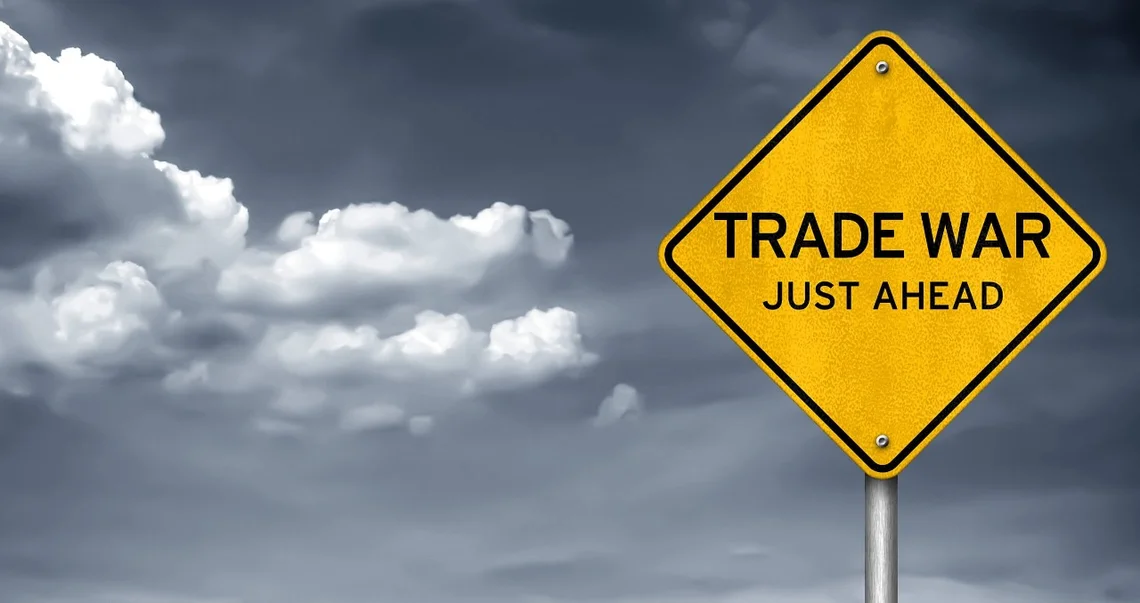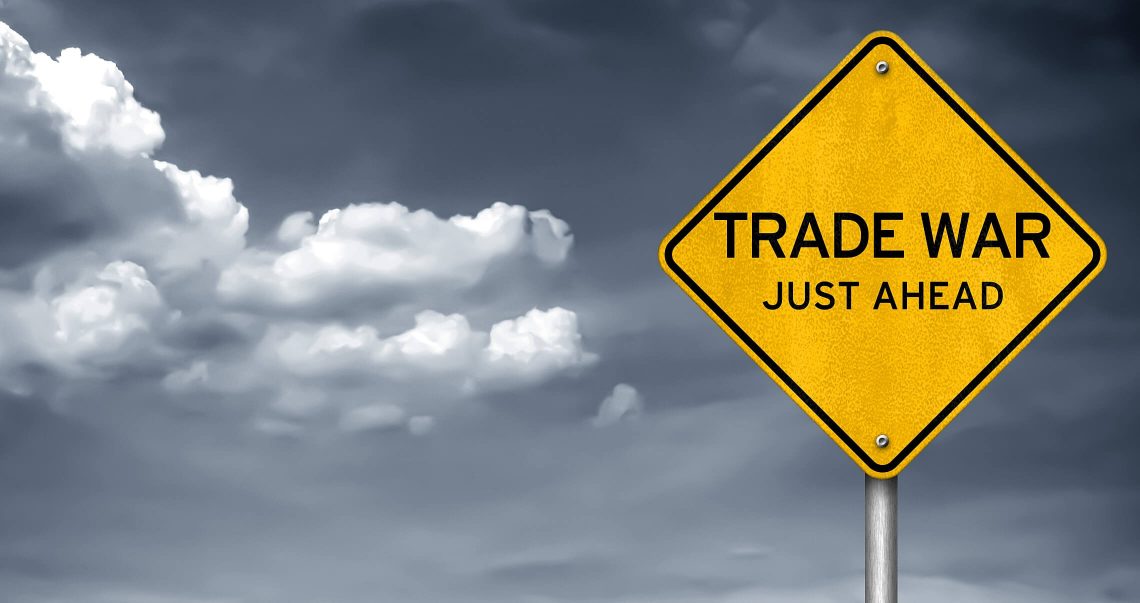Understanding the effects of a trade war on your business
On its face, the concept of a trade war may seem relatively tame. Yes, war implies extensive harm to both sides in the battle, but if the disputed turf is economic and the weapons are trade barriers, how bad can it be?

For businesses with either direct or indirect exposure to the global marketplace, the effects of a trade war can be serious, potentially impacting your company's bottom line and even its long-term viability. However, with some strategic planning, there are ways you can protect yourself before and during a trade-related conflict.
Battles through time
Trade wars are generally started by a country that believes another nation is competing unfairly in the global marketplace. In an effort to protect its own industries and workers, the offended country will place tariffs, or extra duties, on goods from its rival.
Other trade war tactics include:
- Import quotas, or limits
- Government subsidies for domestic industries and producers
- Devaluing the currency, which makes goods more attractively priced in other countries
- Embargoes, which completely ban products from entering the country
If effective, the increased burdens prompt the two sides to reach an agreement fairly quickly. If matters escalate, however, a dispute can drag on for decades and involve lengthy cases in front of the World Trade Organization.
In the US, tariffs on other countries' goods served as regular weapons against trade policies perceived as unjust throughout the 20th century. For example, trade conflicts affected products ranging from thousands of industrial goods in the 1930s, to TVs and autos from Japan in the 1980s, and Latin American bananas in the 1990s.
More recently, the US slapped tariffs on European steel in a 2002 trade dispute. Then, 15 years later, it imposed tariffs on a host of goods and materials ranging from steel to cognac from China, Canada and Europe.
In each case—except for Japan in the 1980s—all of the countries facing higher tariffs countered with tariffs of their own on US-produced goods, prompting cries of protectionism from each side. For example, after the US implemented tariffs on European steel in 2002 to help shield the domestic steel industry from cheaper imports, the European Union tacked a tariff on Florida oranges.
Weathering the winds of trade wars
Although you likely have little influence on the country's trade policies, the economics of trade wars could have a large impact on your business. Most immediately, costs across the marketplace jump as tariffs permeate the system. Initial price hikes lead to further increases as companies at all levels in the supply chain scramble to respond to new cost structures.
In addition, raw materials producers such as farmers struggle with reduced demand due to higher prices. Meanwhile, higher materials prices and decreased demand squeeze manufacturers. Smaller industrial output hinders transportation industry volume, and employee layoffs frequently follow in multiple sectors.
Over the long term, companies experience narrower margins, higher allocations of resources to deal with the fallout and diminished investor interest in their business.
To buffer some of the effects of a trade war, you may consider:
- Increasing your business efficiency through technological enhancements
- Revisiting your costs and adjusting them as needed
- Sourcing new suppliers in non-dispute countries
- Tapping new markets for your goods
- Pulling highly impacted products from the market
Furthermore, if you've outsourced any part of your business to a country known for high levels of intellectual property, or IP, theft, ensure that you're protecting that IP as much as possible.
When peace arrives
Ultimately, trade wars tend to end the way all conflicts do: with cooler heads prevailing around a negotiating table. Sometimes, one side realizes more benefits than the other, although the gains are usually in the eye of the beholder—and how they spin the outcome.
Nonetheless, for you and your business, the benefit of a trade war's resolution is that the associated uncertainty goes away and you may make new plans around the new normal. Regardless of how the marketplace for your goods and services evolves, your business banker can be a good sounding board for next steps and future thinking.





